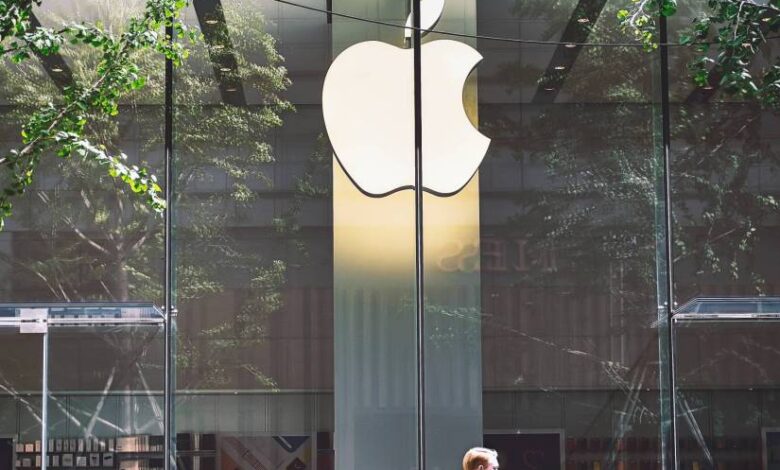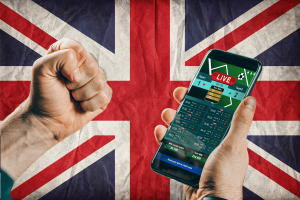
Apple CEO Tim Cook this week embarked on a visit to China to strengthen the tech giant’s relationship with one of its most important markets. However, the trip comes amid sluggish sales of the new iPhone in the country and growing U.S.-China tensions over technology and trade.
According to an Oct. 18 Bloomberg report, China is critical to Apple’s business. It is the company’s third largest market after the U.S. and Europe. Apple relies heavily on China for manufacturing — nearly all iPhones and other products are assembled in factories there. The Chinese market is also crucial for Apple to maintain growth as smartphone sales slow in Western markets.
However, in recent years, Apple has faced challenges in China. The new iPhone 14 series had a lackluster debut as it faced intense competition from local brands — like Huawei, offering advanced 5G devices at lower prices. Chinese consumers are also holding on to their devices longer before upgrading.
During the Trump administration, the U.S. government put several Chinese tech firms, including Huawei, on trade blacklists
Additionally, under the Trump administration, the U.S. government put several Chinese tech firms, including Huawei, on trade blacklists over national security concerns. This prompted patriotic sentiment among Chinese consumers to avoid American brands like Apple. Over the past two years, lockdowns across China to control COVID-19 outbreaks have also impacted supply chains and consumer demand.
During his China visit this week, Cook met with key government and business leaders to shore up Apple’s position. He met with Commerce Minister Wang Wentao and emphasized Apple’s contributions to China’s economic development and job creation, aiming to reassure Beijing that Apple’s business activities align with China’s policy goals.
Cook also visited NetEase, one of China’s largest gaming firms, underscoring Apple’s push into digital content and gaming services in China. And he visited a top university in Beijing, highlighting Apple’s focus on cultivating talented Chinese engineers and researchers.
Cook’s visit demonstrated Apple’s commitment to the Chinese market at a difficult time. However, some key challenges remain. iPhone sales still face tough competition from local brands offering high-spec devices at lower prices.
U.S.-China tensions around technology and trade issues continue, particularly after new U.S. export controls on advanced semiconductors aimed at restricting China’s capabilities. Additionally, China’s COVID restrictions have hampered both supply and demand — with a recovery likely to be gradual.
Featured Image Credit: Pexels; Thank you!
Source link




